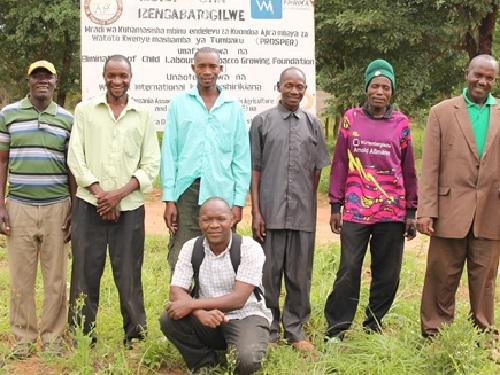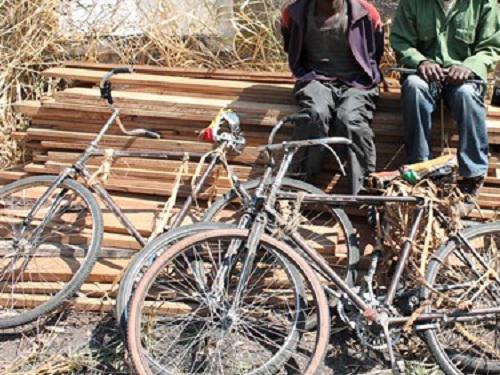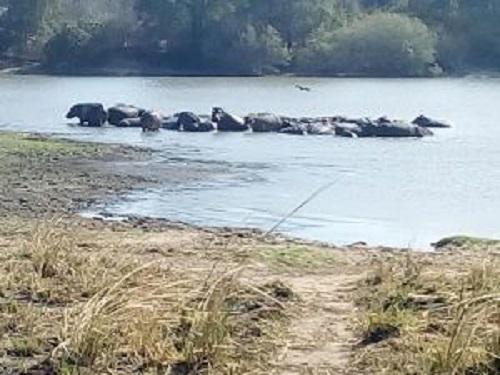Paulo Wilfred
Other projects
15 Jul 2015
Reconciling Conservation and Livelihood Maintenance in Western Tanzania: Challenges and Opportunities
3 Aug 2020
Capacity Building for Better Conservation Rules Enforcement in Western Tanzania: A Community’s Perspective
The vision of our Rufford funded projects is that local communities and wildlife law enforcers in the Ugalla ecosystem of western Tanzania are empowered, and can work together to conserve and benefit sustainably from natural resources (forest & wildlife) around them.
The present research project builds upon my two previous Rufford projects that aimed at understanding the nature of illegal behaviours in Ugalla. The principal objective here is to build the capacity of rule enforcers (wildlife managers, and game rangers and scouts) to control illegal behaviours in the area.

Wildlife in Africa is under pressure due to sustained illegal bushmeat hunting (poaching). For example, there has been a lot of bushmeat hunting in West and Central Africa. In East Africa, for example in the Serengeti-Mara ecosystem, there is also a huge rise in poaching. There has been a strong desire to effectively protect wildlife with an increased emphasis on wildlife law enforcement. One key component of law enforcement is anti-poaching patrols where game rangers/scouts conduct daily patrols in protected areas in order to deter poaching or apprehend poachers and take them to justice.

In the Ugalla ecosystem of western Tanzania, poaching is a significant problem, partly because of ineffective anti-poaching patrols. This project will contribute towards filling this gap by assessing what skills the law enforcers have and will need to develop in the future, and conducting advanced spatial monitoring and reporting tool (SMART) training to improve their competencies. SMART was introduced to support protected area monitoring, incorporating geo-referenced data on wildlife rule enforcement patterns and signs of illegal activity. It aims to empower conservation managers by converting patrol data and intelligence into useful information about illegal activities and helping to plan a strategic response. The advanced SMART training will build on a basic training conducted previously in Ugalla. The training will certainly enhance the performance of game officers and rangers in the area. The trainees will apply the learned skills by conducting anti-poaching patrols for 6 months (3 months in wet season and three months in dry season) under the supervision of researchers. Focus group interviews with reformed poachers, trophy hunting operators, legal subsistence hunters, protected area managers, game rangers, and game scouts will be conducted. The interviews will assess rule-breakers strategies, and identify skills patrollers will need to improve rule enforcement effectiveness. Using independent datasets from SMART and focus groups a capacity building strategy will be developed to support local conservation authorities in western Tanzania.

Overall, This work speaks fundamentally to the Millennium Development Goal 7 of ‘ensuring environmental sustainability’ that insists on sustainable development that goes hand in glove with reversing the loss of biodiversity. It will stimulate local livelihoods improvement from sustainable wildlife-based economic activities as a result of healthy wildlife populations and forest resources.